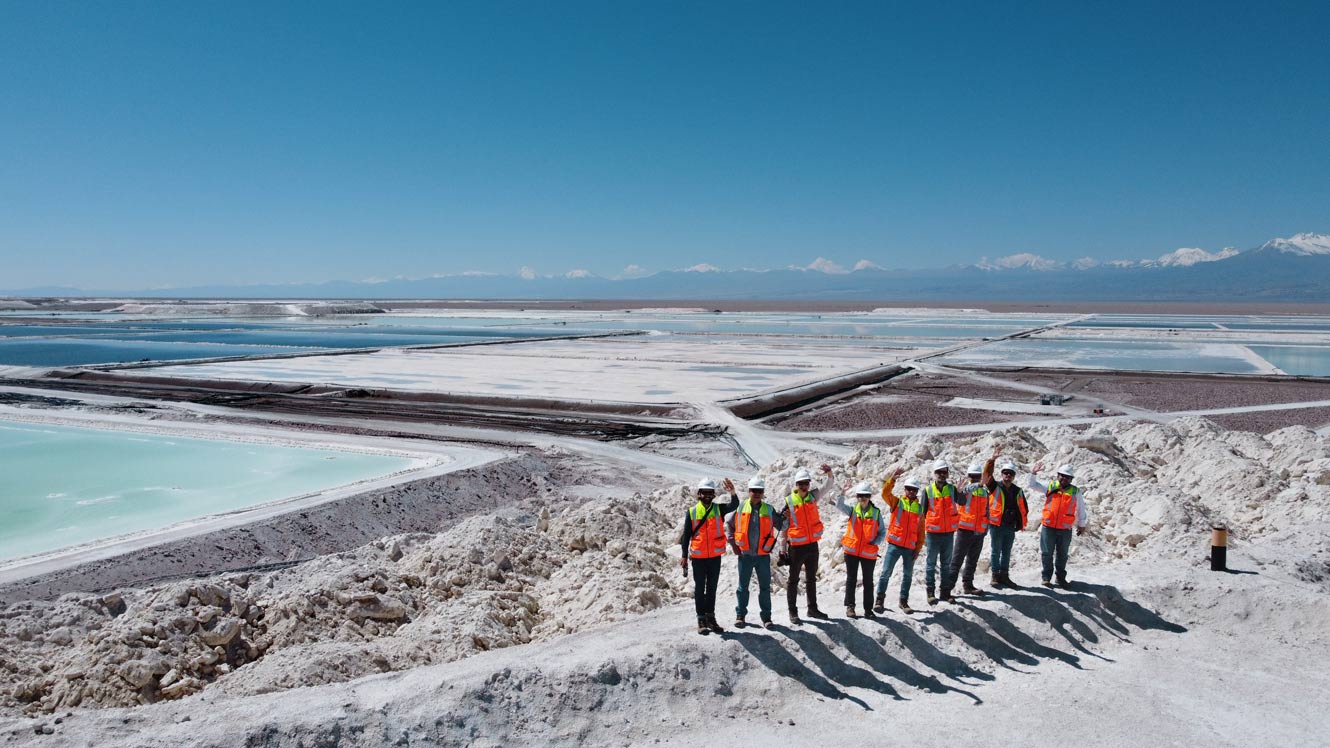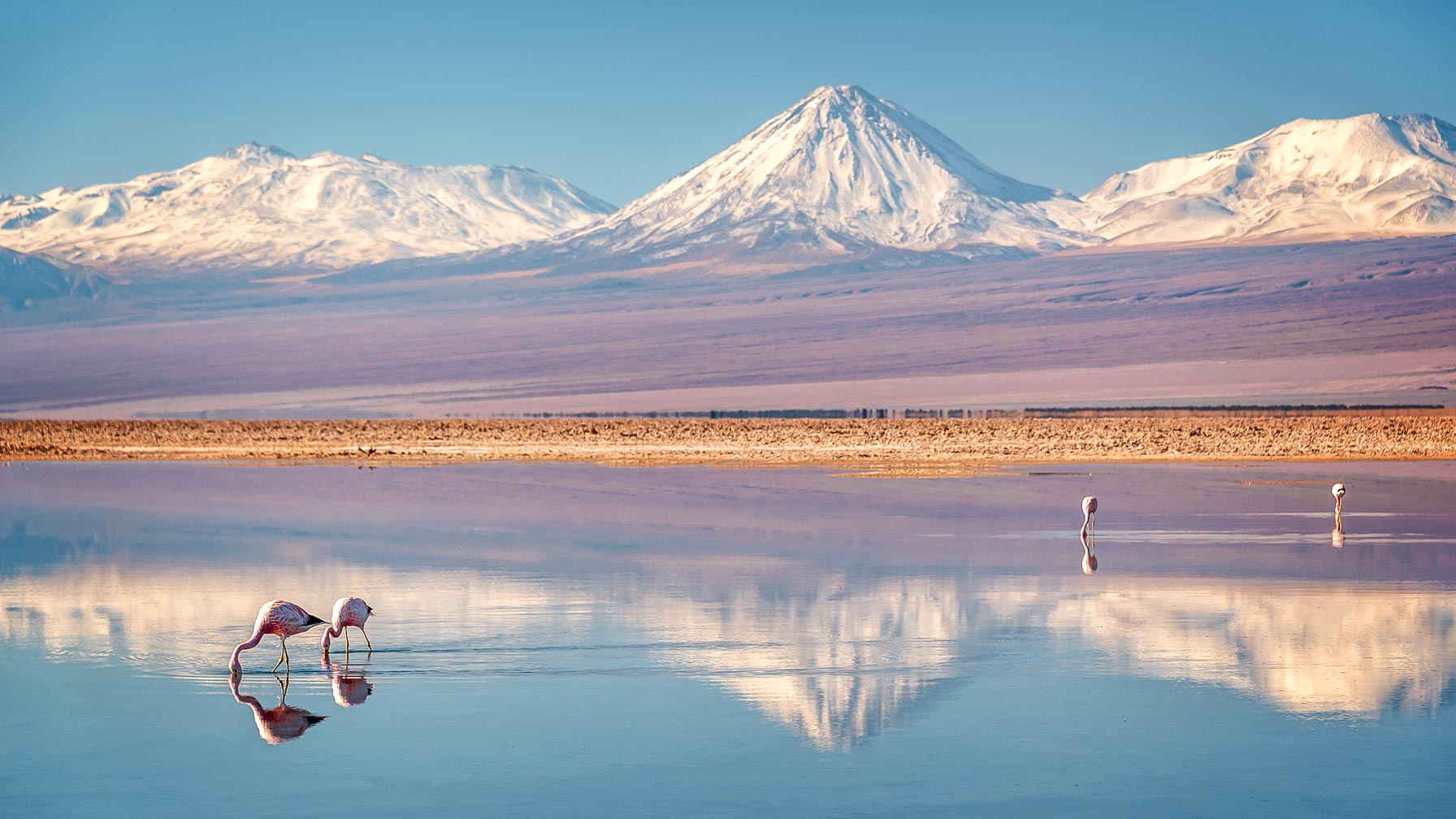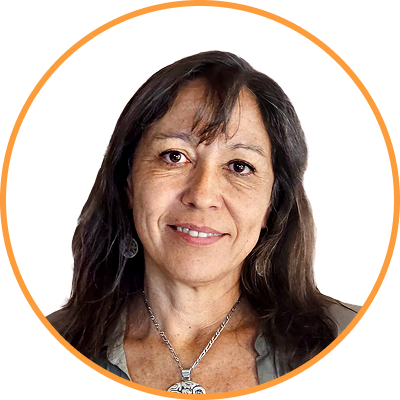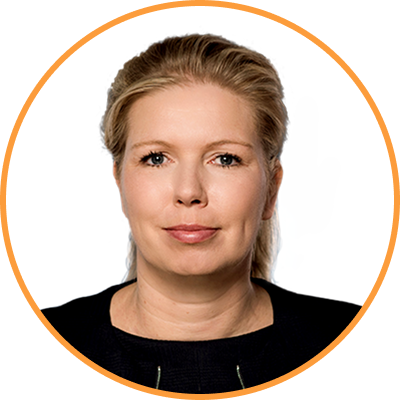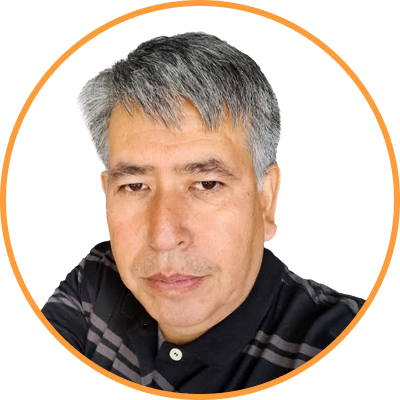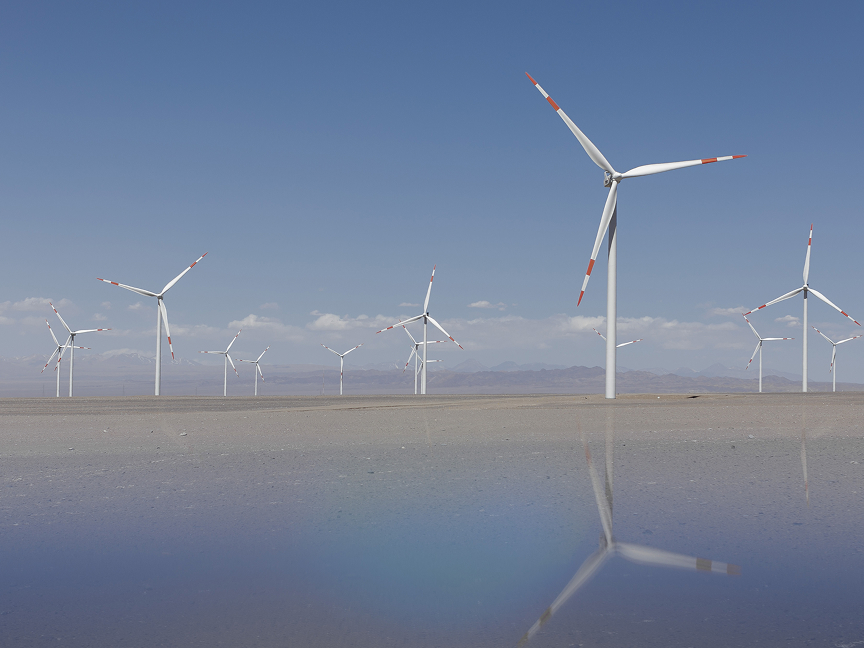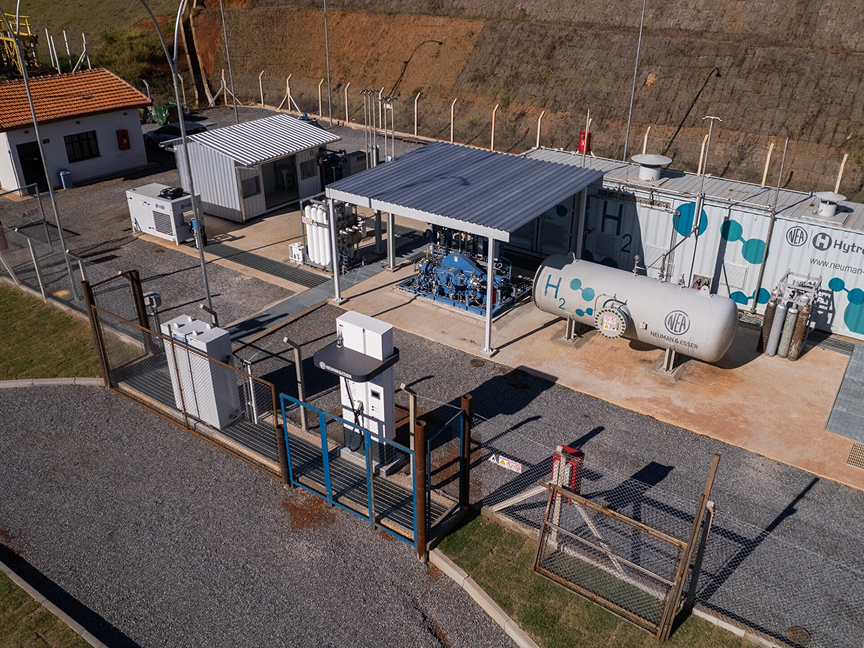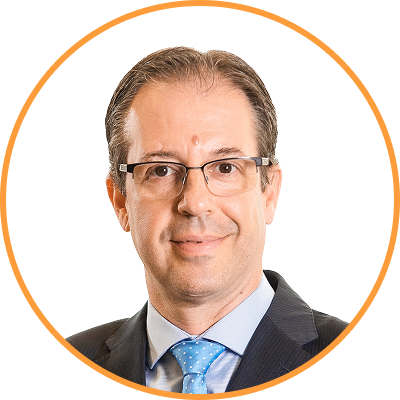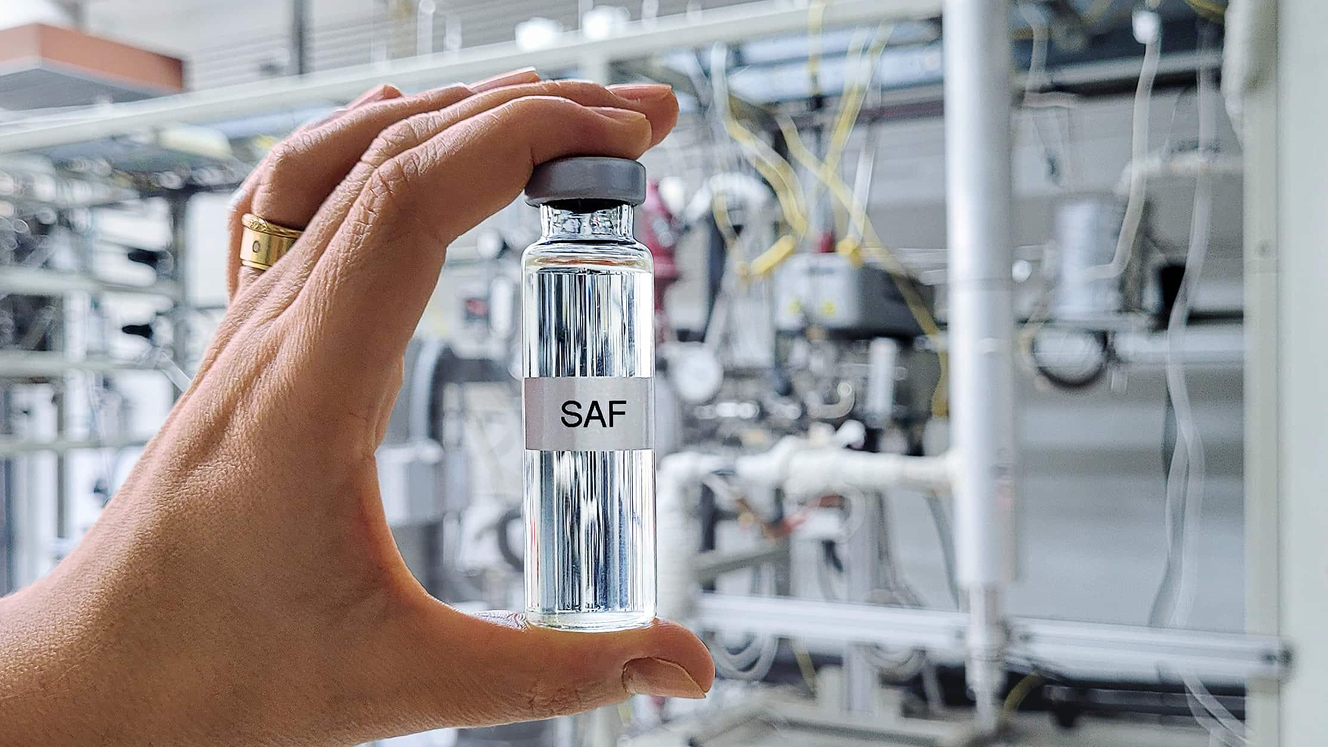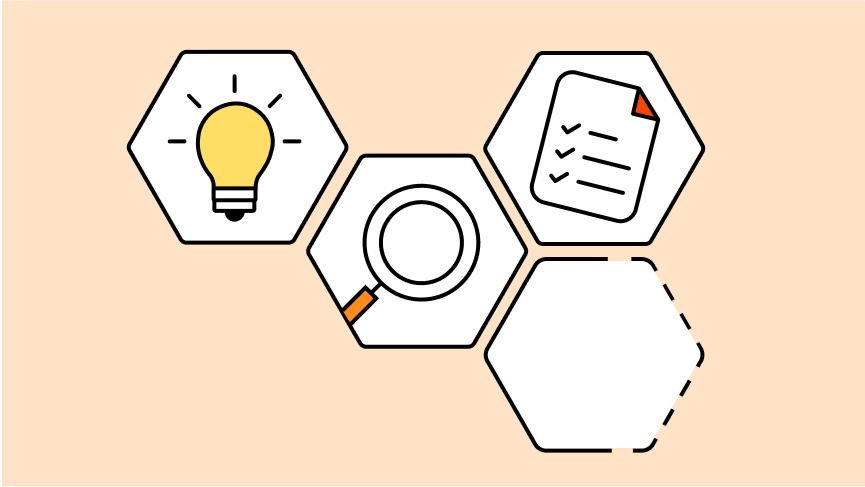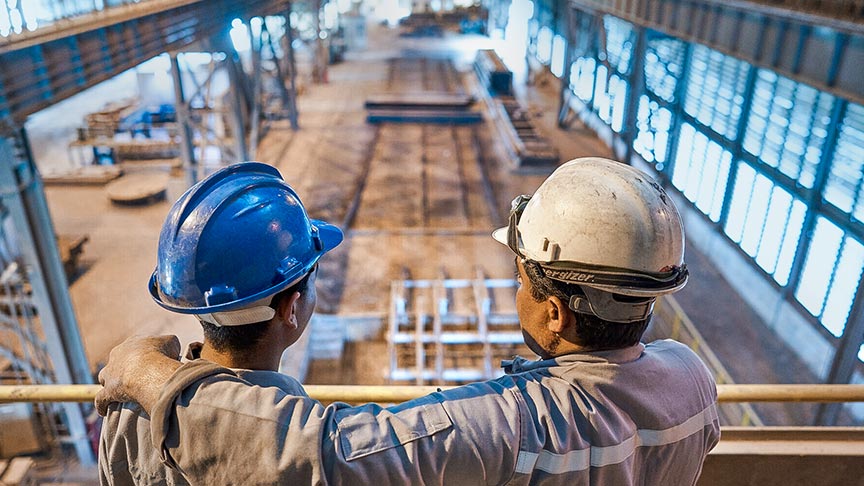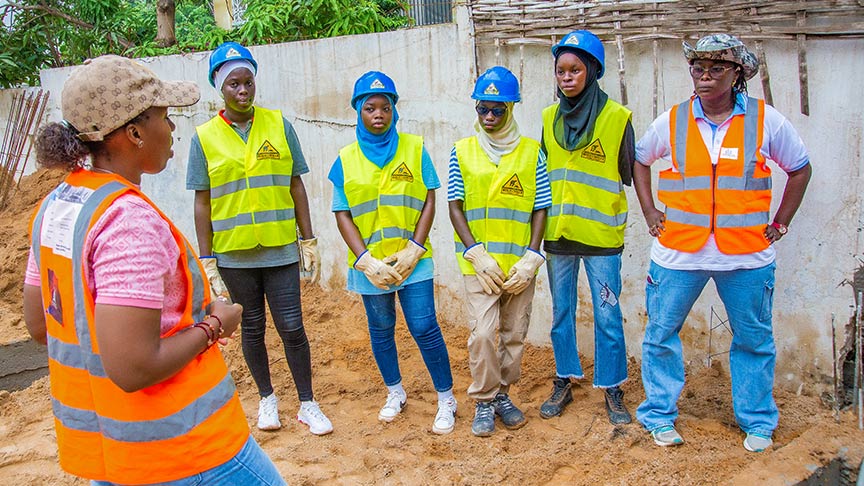Enormous quantities of raw materials are needed for a just energy transition and climate-neutral economy. These include copper and silicon for solar panels, lithium for batteries, and green hydrogen as a chemical raw material and fuel. To achieve the United Nations Sustainable Development Goals (SDGs), it is important that these raw materials are extracted in a way that is accountable, socially responsible and transparent.
In the long term, Germany and the European Union (EU) have no alternative but to import strategically important raw materials. Latin America is the most important region for the global mine production of copper, accounting for a share of around 40 per cent. The Andean countries are home to half of the world’s lithium reserves. Furthermore, Brazil offers ideal conditions for the production of green hydrogen. However, the local population in Latin America must benefit from this, too. To ensure this happens, we provide support and expertise and facilitate contact between partners.
